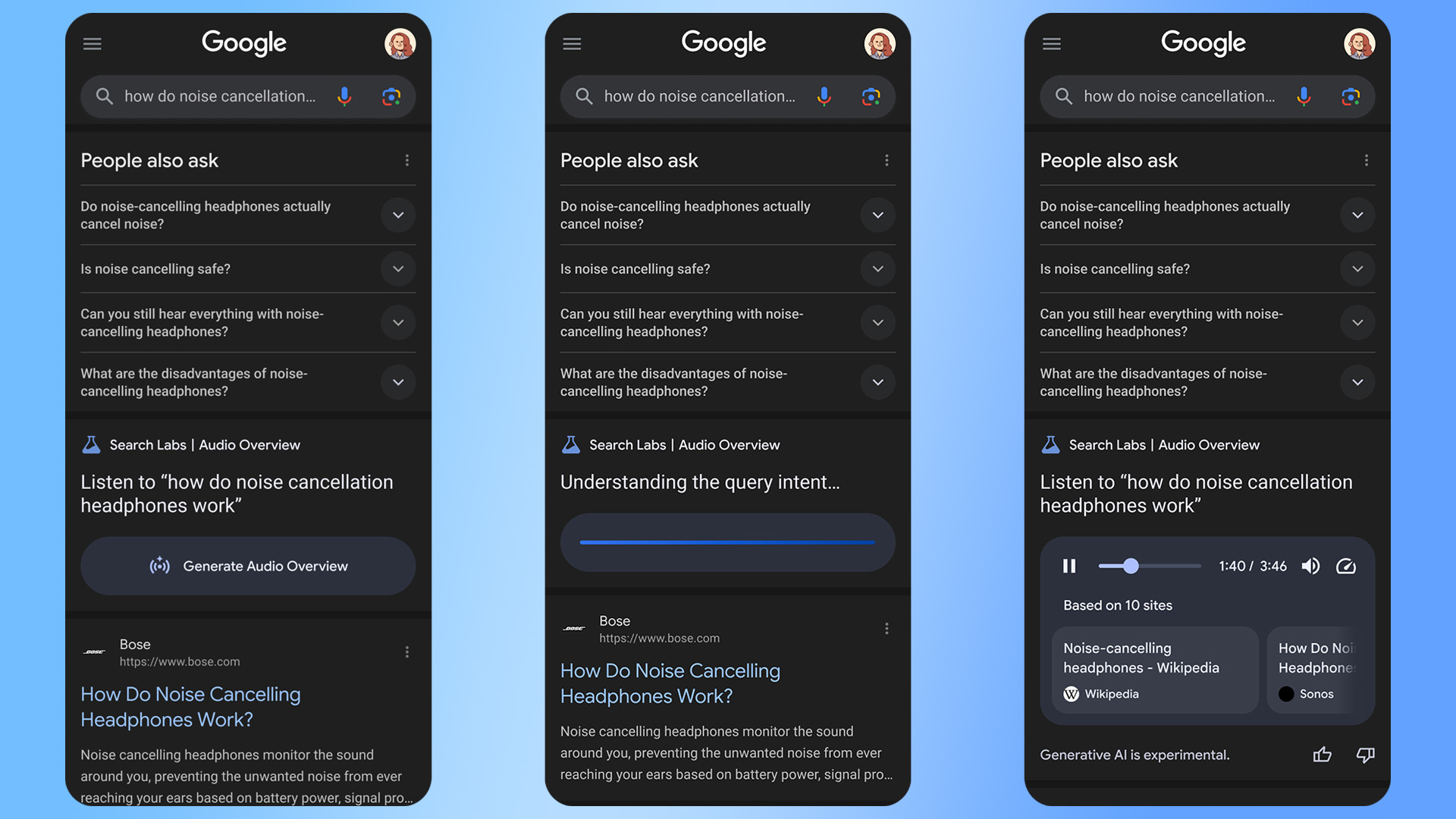Narrator Ryan Reynolds celebrates nature's outcasts in the new NatGeo docuseries Underdogs.
Most of us have seen a nature documentary or two (or three) at some point in our lives, so it's a familiar format: sweeping majestic footage of impressively regal animals accompanied by reverently high-toned narration (preferably with a tony British accent). Underdogs, a new docuseries from National Geographic, takes a decidedly different and unconventional approach. Narrated by with hilarious irreverence by Ryan Reynolds, the five-part series highlights nature's less cool and majestic creatures: the outcasts and benchwarmers, more noteworthy for their "unconventional hygiene choices" and "unsavory courtship rituals." It's like The Suicide Squad or Thunderbolts*, except these creatures actually exist.
Per the official premise, "Underdogs features a range of never-before-filmed scenes, including the first time a film crew has ever entered a special cave in New Zealand—a huge cavern that glows brighter than a bachelor pad under a black light thanks to the glowing butts of millions of mucus-coated grubs. All over the world, overlooked superstars like this are out there 24/7, giving it maximum effort and keeping the natural world in working order for all those showboating polar bears, sharks and gorillas." It's rated PG-13 thanks to the odd bit of scatalogical humor and shots of Nature Sexy Time
Each of the five episodes is built around a specific genre. "Superheroes" highlights the surprising superpowers of the honey badger, pistol shrimp, and the invisible glass frog, among others, augmented with comic book graphics; "Sexy Beasts" focuses on bizarre mating habits and follows the format of a romantic advice column; "Terrible Parents" highlights nature's worst practices, following the outline of a parenting guide; "Total Grossout" is exactly what it sounds like; and "The Unusual Suspects" is a heist tale, documenting the supposed efforts of a macaque to put together the ultimate team of masters of deception and disguise (an inside man, a decoy, a fall guy, etc.). Green Day even wrote and recorded a special theme song for the opening credits.
Read full article
Comments
From Ars Technica - All content via this RSS feed
 A view of the RCA Spectra 70/35 computer control panel before (right) and after (left) its owner cleaned it up.
Credit:
A view of the RCA Spectra 70/35 computer control panel before (right) and after (left) its owner cleaned it up.
Credit:
 Mario is excited! Are you?
Credit:
Kyle Orland
Mario is excited! Are you?
Credit:
Kyle Orland Google's latest Android Studio build announces the end of Instant Apps.
Credit:
Android Authority
Google's latest Android Studio build announces the end of Instant Apps.
Credit:
Android Authority Credit:
Google
Credit:
Google